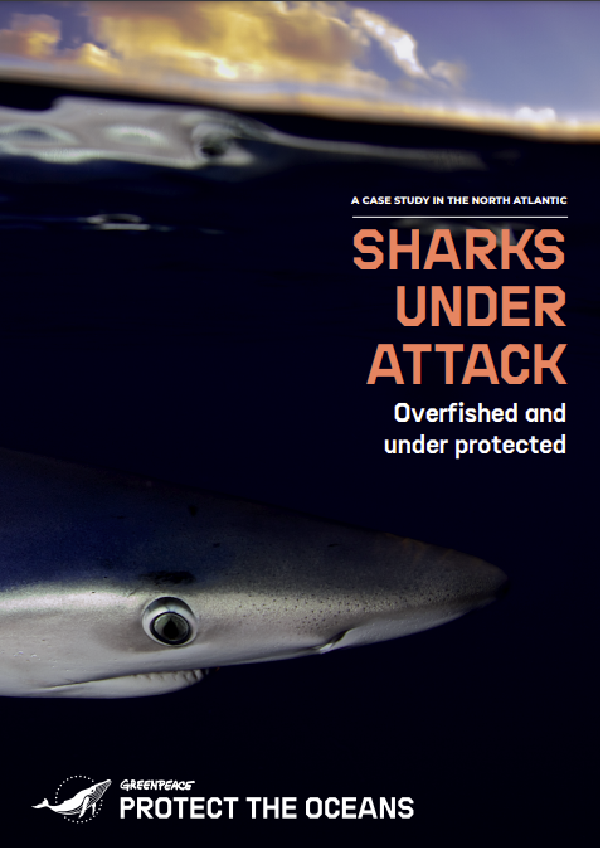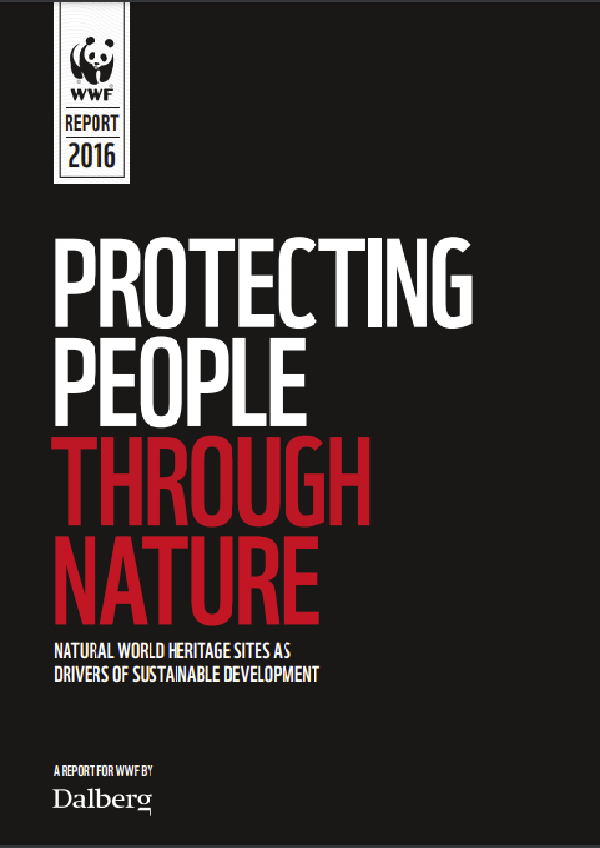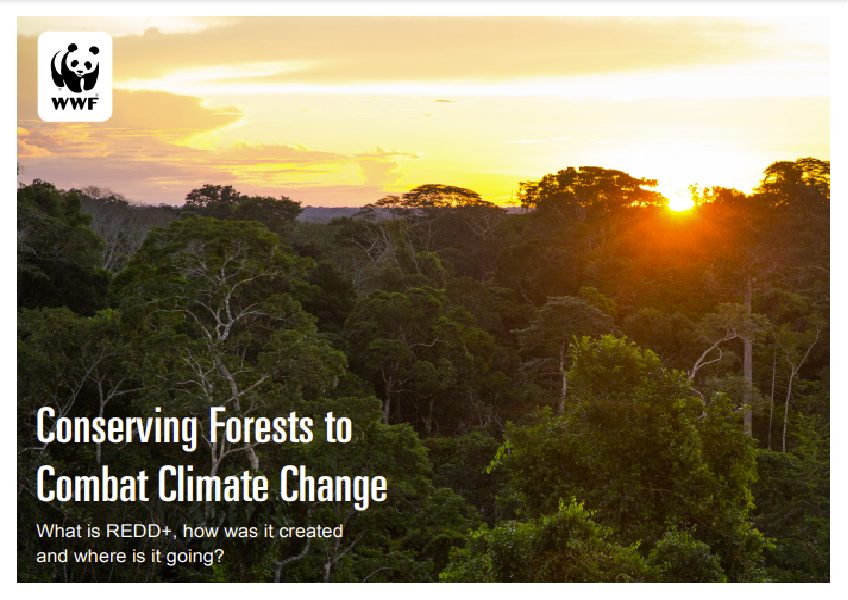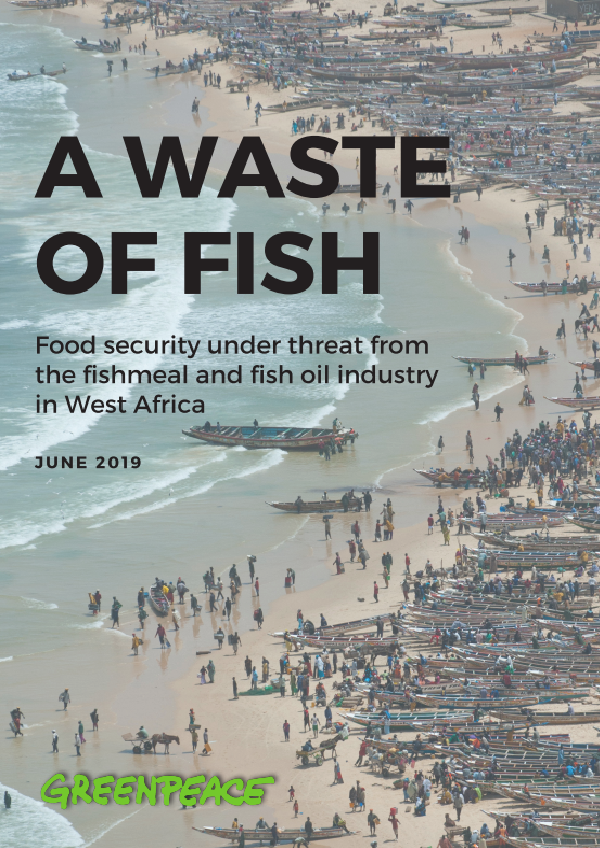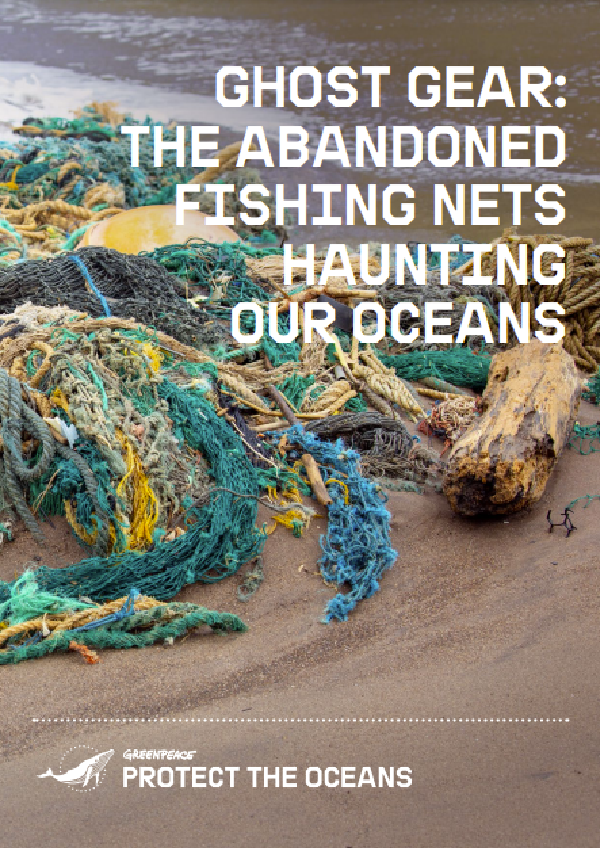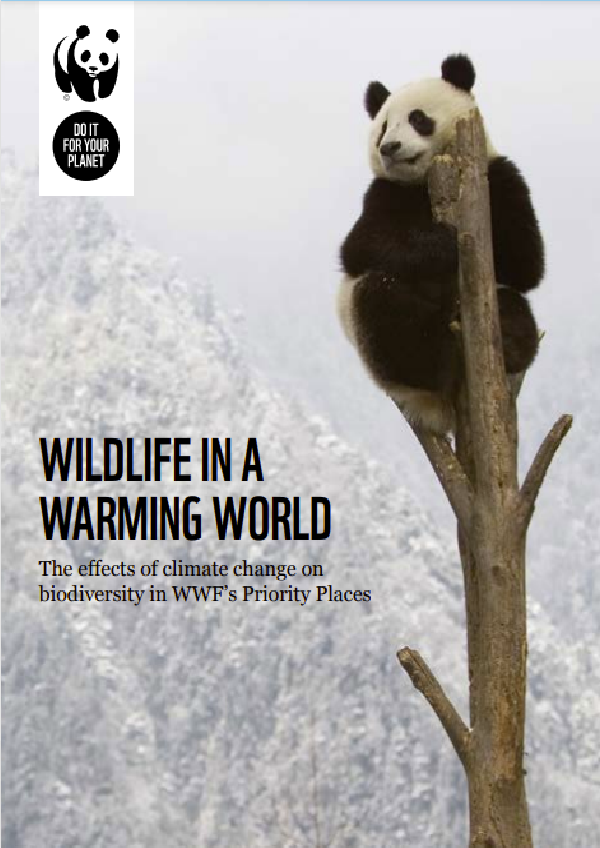On the 11th April 2019, the Greenpeace ship Esperanza set sail from the Thames in London on a Pole to Pole expedition down the Atlantic Ocean. The expedition is part of a campaign to Protect the Oceans, calling for an ambitious Global Ocean Treaty that could pave the way to protecting at least 30% of the world’s oceans by 2030.
Over the course of this eleven month expedition, the Esperanza is exposing the threats currently facing the world’s oceans and undertaking scientific research to document and build the case for protection of ecosystems in international waters.
In June, on its route between the UK and the Azores, the Esperanza passed through the North Atlantic swordfish (Xiphias Gladius) fishing grounds – a prime example of the ways in which the current management of our global oceans is fundamentally failing to respond adequately to the biodiversity and climate crises the oceans are facing.
Shark fisheries suffer from chronic under reporting and deficient data collection and figures remain contested. A recent paper has estimated 100 million sharks are caught and killed in fishing nets every year, a vast proportion of which are unintended ‘accidental’ catch, yet serves to further the lucrative trade in shark fins. This figure must be dramatically reduced if we want to see healthy oceans for future generations. However, existing institutions which may have the capability to bring about such a reduction are clearly not being effective, despite decades of warnings and calls to action. A governance gap could be filled by a strong Global Ocean Treaty that takes a more holistic approach to addressing threats to marine biodiversity and has conservation at its heart.
Source: Greenpeace (http://www.greenpeace.org)
